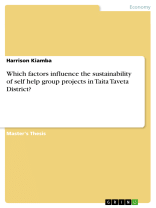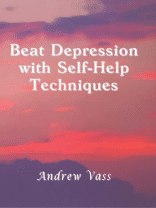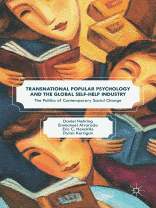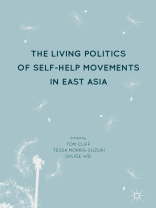Master’s Thesis from the year 2010 in the subject Business economics – Business Management, Corporate Governance, University of Nairobi, course: MA, language: English, abstract: This study sought to identify the factors influencing sustainability of self-help group projects in Taita Taveta district. The focus was on self-help groups supported through the Agricultural Sector Programme Support (ASPS). The research design was a descriptive survey involving 30 self-help groups and 20 frontline extension workers. Both secondary and primary data were collected. The collected data were tabulated and then analyzed using the ‘list and tally’ method. After all the responses were tallied, frequency and percentage distribution tables were prepared.
The key recommendations of the study were the training of private service providers (PSPs) to supplement services offered by the few existing public and private service providers. Similarly, the approval of National Agricultural Sector Extension Policy –Implementation Framework (NASEP-IF) and the Agricultural Sector Development Strategy (ASDS) policy documents will bolster provision of advisory services as they recognize the role played by the private sector in agricultural development. Social loafing was ranked highly as a factor influencing sustainability of self-help group projects. This study recommends further research on the concept of social loafing, to determine its causes, effects and how self-help groups can deal with it.
Group approach to development is seen by development partners both public and private as the most cost- effective way of addressing community needs when compared with the individual approach. Interventions managed by self-help groups operate profitably when external assistance is flowing. However, after the cessation of external support, most of these projects either collapse or continue to operate below capacity. Most development partners are raising concerns over the sustainability of self-help group projects.





Reviews
There are no reviews yet.